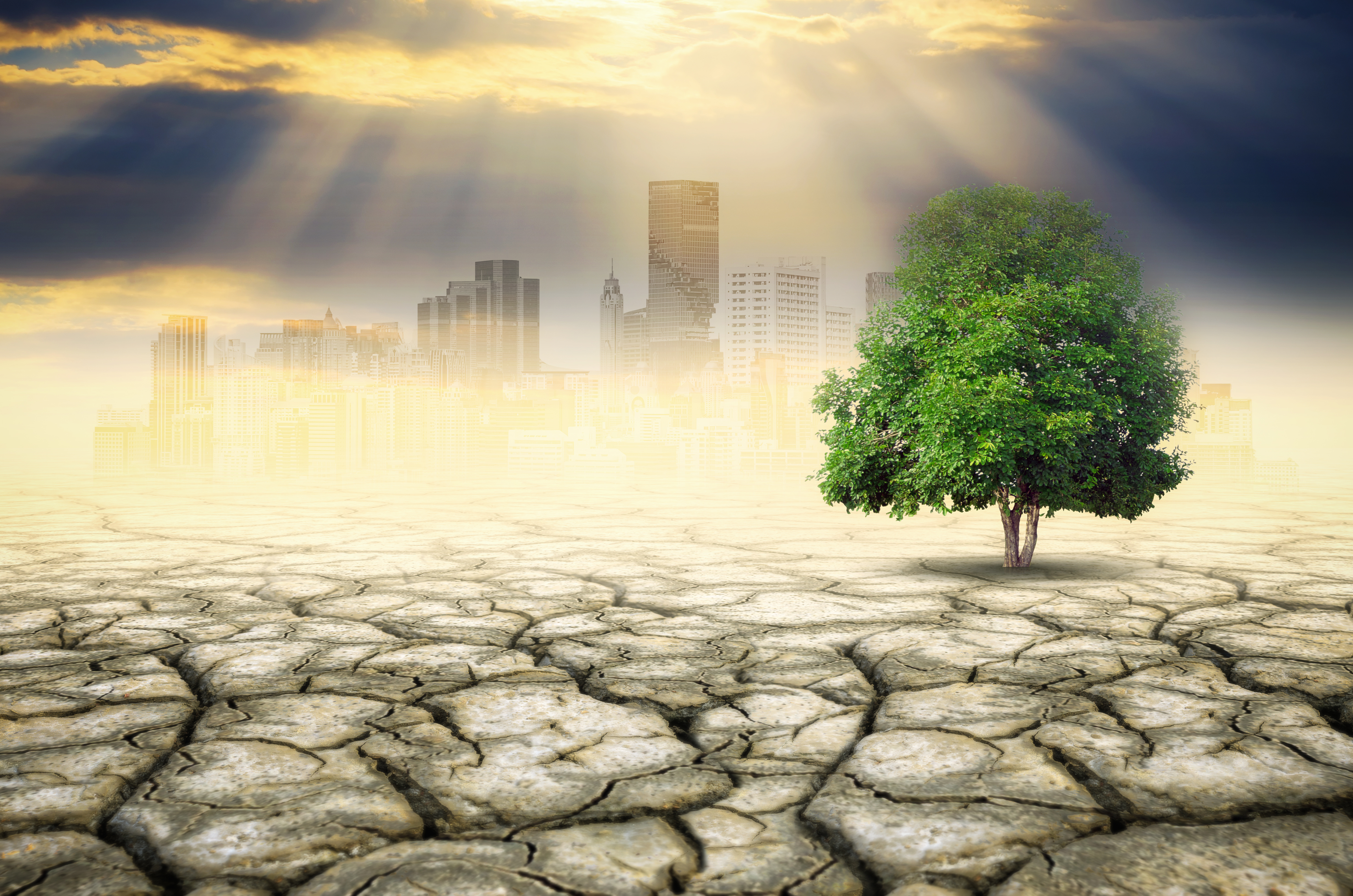(Header photograph: Nirut Sangkeaw- stock.adobe.com)
session 1 / session 2 / session 3 / session 4 / session 5
Session 1: Challenges of Extreme Events for Resilient Infrastructures
Lead:
PETRA MAHRENHOLZ, German Environment Agency, Dessau, Germany,
GERRIT JASPER SCHENK, Technische Universität Darmstadt, Germany
Extreme climate events, disasters, and emergent risks in the context of global environmental change are becoming increasingly critical and a potential major threat to reaching the Sustainable Development Goals (SDGs). This session will focus on the role of critical infrastructures, including drinking and waste water, for reaching e.g. the SDGs 9 and 6. Which impact chains, thresholds and scenarios can be assessed to be relevant for the systemic interaction among extreme events, infrastructures and holistic approaches of resilience of linked natural, technical ad societal systems? What are key obstacles towards societal resilience across infrastructure sectors in a changing climate? What knowledge is needed to remove obstacles and how can research and learning support reaching the vision? The objective is to present recent approaches and show good practices on challenges from extreme events for resilient infrastructures.
Session 2: Extreme weather events and systemic risks for food security
Lead:
RUTH DELZEIT, Kiel Institute for the World Economy, Germany,
ZIA MEHRABI, University of British Columbia, Vancouver, Canada
The 2030 Agenda for Sustainable Development includes 17 Sustainable Development Goals (SDGs) to guide policy towards sustainability in the next 15 years. Amongst others, the goals take into account the aspects of climate change, socio-economic transformation, and eradication of poverty and hunger. In this session, the impact of climate extreme events on improving food security is discussed from different angles: a) What are impacts of future climate extremes on crop production? b) What are impacts of future climate extreme events on food security? c) What are important compound effects and feedbacks to be considered? d) What is the role of international organizations and NGOs to improve resilience of societies in the context of food security under climate extreme events? The objective is to identify approaches/research questions to quantify the impacts, and to identify obstacles towards improving resilience.
Session 3: Climate Extremes and Security
Lead:
CHRISTOPH MAINBERGER, Federal Foreign Office, Berlin, Germany,
JÜRGEN SCHEFFRAN, University of Hamburg, Germany,
JUDITH NORA HARDT, Centre Marc Bloch e.V. (HU Berlin) and University of Hamburg, Germany
The session “Climate extremes and security” looks at the interface between science and application practice regarding foreign policy in particular for preventing destabilization and conflicts triggered by climate extremes. After an introduction to the work of the Federal Foreign Office on climate and security, we would like to enter a dialogue on how to anticipate key risks from climate extremes, and how foreign policy can be active to reduce these risks. A review on which measures or approaches to counter crises and conflicts (possibly in advance) have proved successful, what has not worked, and where further research is needed, will be sought for. A further focus of the session will be on the question of what kind of information from foreign policy practice would benefit science and how this feedback can be improved. The goals will be to ensure the most effective possible flow of information between science and the foreign policy and the development of a “best practice collection” which politicians could fall back on in concrete situations of danger. In this way, scientific input would be tailored to needs and could be operationalized at short notice.”
download Session 3 Program ![]()
download Report of Session 3 ![]()
return
Session 4: Data Science for Human Wellbeing
Lead:
MIGUEL D. MAHECHA, Max-Planck-Institute for Biogeochemistry, Jena, Germany,
DEBARATI GUHA SAPIR, Centre for Research on the Epidemiology of Disasters (CRED), Brussels, Belgium
Understanding how human well-being is affected by climate extremes is of paramount importance in times of climate change. The synthesis of knowledge about catastrophic consequences chains of the past is an important building block for the development of models for future scenarios. Information from diverse and heterogeneous data streams must be interpreted jointly, including, for instance, climate observations and satellite data, records of social impacts at local and national level, or social media. However, the development of data science methods capable of bringing these data together and uncovering the impact mechanisms during extreme events still in its infancy. This session aims to bring together scientists and professionals working on climate extremes and their consequences for human well-being with statisticians and data scientists from different backgrounds to develop a strategy for data-driven research on the human-environment nexus during climate extremes.
Session 5: The challenge of responding to compound events
Lead:
JAKOB ZSCHEISCHLER, University of Bern, Switzerland,
DAVID N. BRESCH, ETH Zurich / Federal Office of Meteorology and Climatology MeteoSwiss, Zurich, Switzerland
Compound weather and climate events refer to the combination of multiple drivers and/or hazards that contributes to societal or environmental risk. Traditional risk assessment typically only considers one driver and/or hazard at a time, potentially leading to underestimation of risk. Many societal actors are subject to risks associated with compound events. For instance, multiple correlated weather events may affect the supply chain of a company or multiple climate-related disasters in different regions might stretch the limits of the emergency responses of governments. Climate change does not only manifest itself in long-term trends in single variables but also affects relationships between drivers of compound events, not least in the socio-economic domain. This requires novel ideas and approaches how to deal with newly emerging societal risks related to compound events. This session will bring together experts on compound events from the research community with societal actors for whom compound events are a major concern. This transdisciplinary dialogue will lead to a first draft of guiding research questions, which help us to deepen our shared understanding of and guide the future response to compound events.
Back to the conference main page
